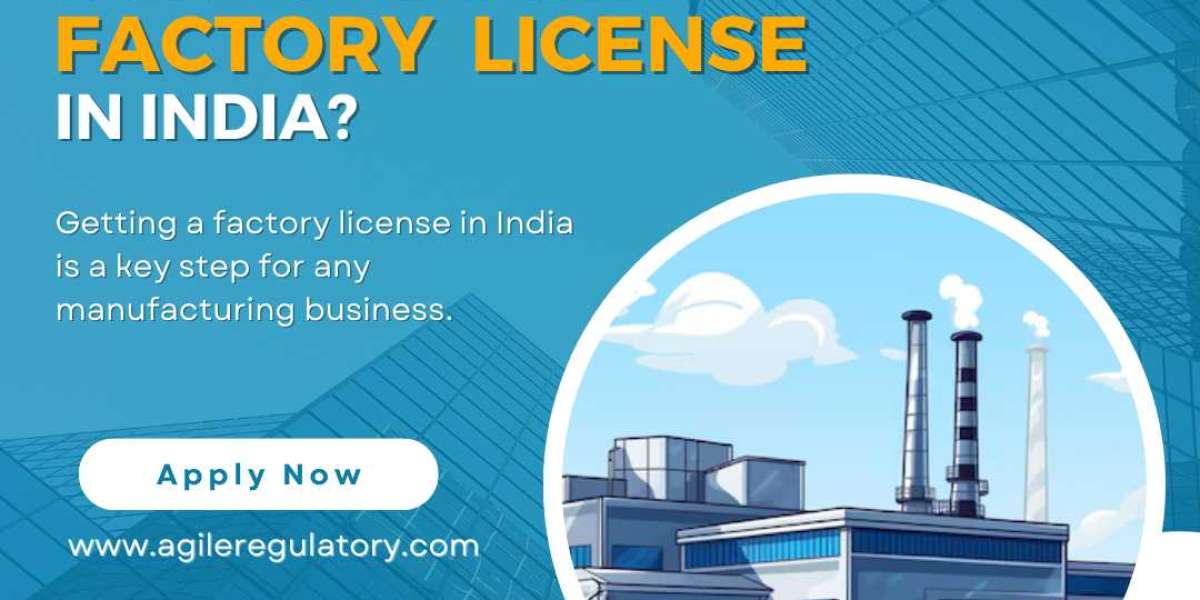The MP Factory License ensures that your manufacturing unit meets the minimum safety, health, and welfare standards prescribed under the law. Inspectors verify aspects like building safety, proper ventilation, lighting, fire safety measures, and employee welfare facilities. Compliance with these regulations reduces risks to both workers and machinery, creating a safer work environment. However, the license primarily focuses on operational legality—it does not cover other essential regulatory obligations that your factory may fall under.
Beyond the MP Factory License, manufacturers must consider several other legal and statutory requirements. For instance, depending on the type of manufacturing activity, your factory might need pollution control approvals from the State Pollution Control Board. Industries generating hazardous waste must comply with environmental laws such as the Hazardous Waste Management Rules. Additionally, factories employing a significant workforce are required to register under labor laws like the Employees’ Provident Fund Act, Employees’ State Insurance Act, and Payment of Gratuity Act. Non-compliance with any of these can attract penalties, legal action, or even closure of operations.
Another crucial area of compliance is product-specific certification. Many industries require BIS certification, FSSAI licensing, or GMP certification to ensure that products meet quality and safety standards. These certifications not only help in legal adherence but also build trust with customers and business partners. Furthermore, if your factory intends to export, additional licenses such as IEC registration, DGFT approvals, and customs compliance certificates are mandatory.
Proper documentation and periodic renewals are also part of maintaining compliance. Factory licenses, environmental clearances, and labor law registrations typically require renewals at defined intervals. Keeping track of these deadlines and ensuring timely renewals is vital to avoid disruptions in business operations.
In conclusion, while securing an MP Factory License is a foundational step, it is only one aspect of comprehensive legal due diligence. A manufacturer must adopt a proactive approach to compliance, addressing labor laws, environmental regulations, industry-specific certifications, and export requirements. Ignoring these can expose a business to legal risks, fines, or operational shutdowns, making continuous compliance a non-negotiable part of successful factory management.
About Agile Regulatory
At Agile Regulatory, we specialize in helping businesses navigate the complex compliance landscape. From obtaining factory licenses to ensuring adherence to environmental and labor laws, we provide end-to-end regulatory support. Our expertise allows manufacturers to focus on growth while remaining fully compliant with legal obligations.







